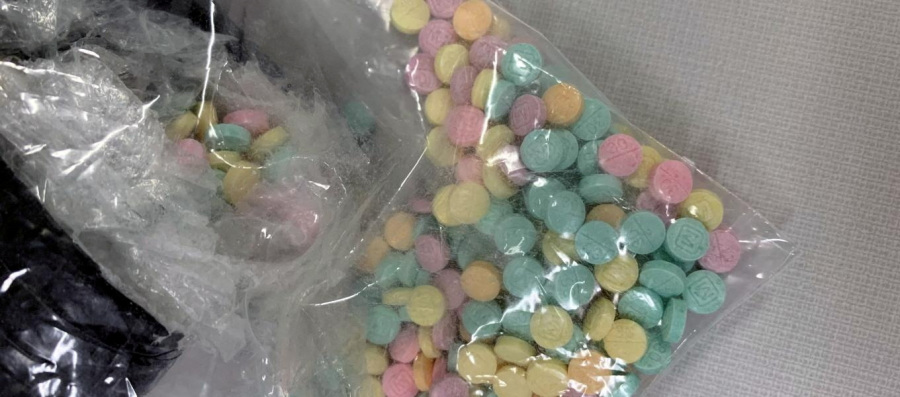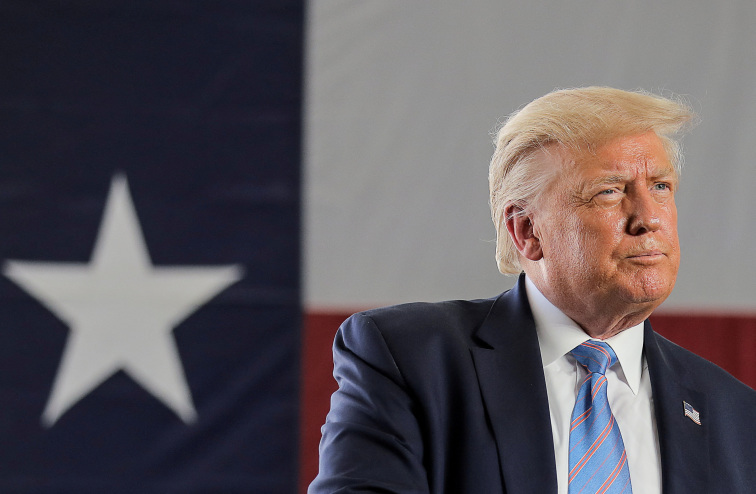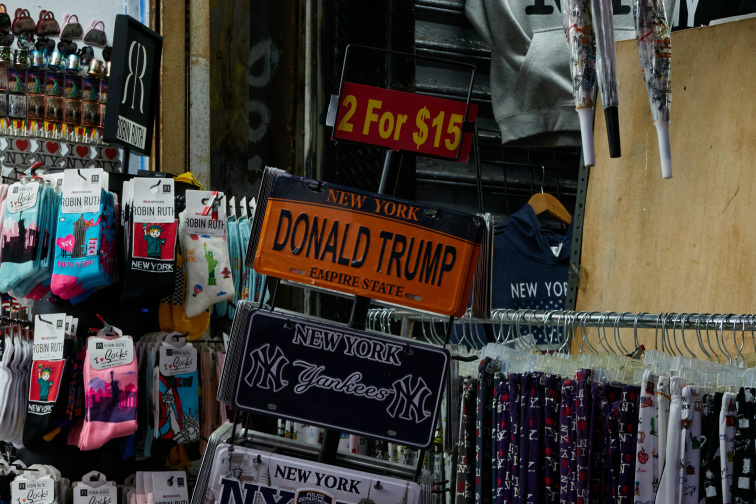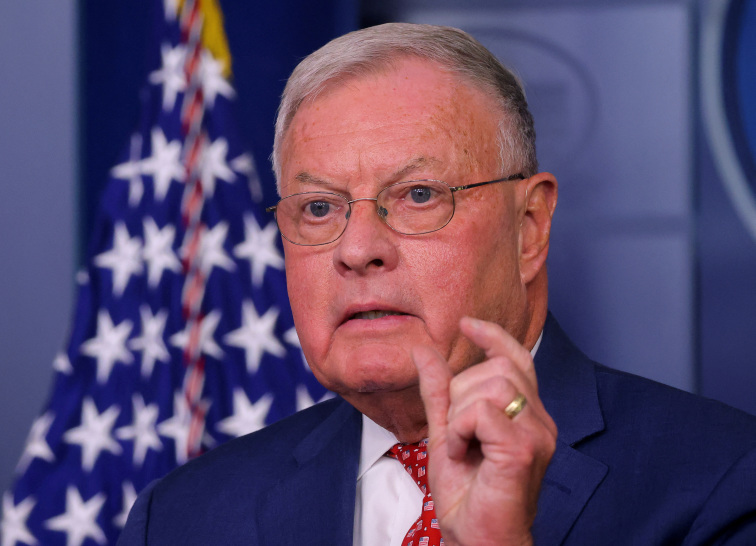(Reuters) - U.S. President-elect Donald Trump's vow to impose tariffs on China and Mexico unless they stem the flow of fentanyl and migrants across the U.S. border could impel deeper cooperation from those governments on drug policing, experts said.
But the threat also carries risk, particularly concerning U.S.-Chinese collaboration on fighting fentanyl, which has improved this year after bilateral negotiations between U.S. President Joe Biden and Chinese President Xi Jinping.
In social media posts on Monday, Trump promised to impose additional 10% tariffs on Chinese imports and 25% tariffs on Mexican and Canadian goods - the United States' three largest trading partners - and asserted that not enough was being done to stop drugs and migrants from entering the country.
Nearly 75,000 Americans died from synthetic drug overdoses in 2023, most from fentanyl, according to government figures. Overdoses from fentanyl, which is about 50 times more potent than heroin, are the leading cause of death for Americans ages 18 to 45.
Trump intends to pursue a more muscular approach than Biden has, but it's unclear whether his planned shift in strategy will yield results. The Biden administration has spent the last year working with Beijing to address the crisis, with some modest advances.
Some experts welcomed Trump's announcement.
"We need bold action," said Paul Martin, the founder and CEO of United Against Fentanyl, a bipartisan nonprofit. "This kind of crisis – public health and national security, in my view – requires boldness, something more than the status quo."
"Whether they work or not remains to be seen, but we must do something," he added.
The vast majority of chemical precursors used to manufacture fentanyl, a synthetic opioid, originate in China, and Chinese money launderers are key players in the global drug trade, U.S. authorities say.
A Reuters investigation earlier this year found most of the chemicals are shipped to the U.S. disguised as low-cost goods to evade detection. The ingredients are then routed to Mexico by traffickers, where cartels manufacture fentanyl and smuggle it back into the U.S., mostly via American citizens at ports of entry.
Synthetic opioid deaths dropped by nearly 19% in the 12 months ending in June, according to government data.
The White House has taken credit for the decline, stating that the administration has seized hundreds of millions of doses of fentanyl at the U.S. border, made overdose-reversal medication widely available and renewed law enforcement collaboration with the Chinese to slow production of precursor chemicals.
Ray Donovan, former chief of operations for the Drug Enforcement Administration, said China's steps toward halting the flow of chemicals have been too limited. He added that Mexico dramatically decreased its collaboration with the U.S. under former President Andres Manuel Lopez Obrador, seizing fewer drugs and restricting cooperation with U.S. law enforcement.
"One way to immediately impact an illicit economy is to increase the cost of doing business," he said.
With the new tariffs, he added, "finally the Trump administration is saying, 'Enough is enough.'"
'AN EPIDEMIC'
Not everyone agreed. Vanda Felbab-Brown, an expert on drug policy at the Brookings Institution, said tariffs would likely backfire by impelling China to pull back on cooperation should a trade war erupt. But the mere threat of tariffs could prove successful as a negotiating tactic, she acknowledged.
The possibility of trade penalties may pressure China to take steps such as regulating precursors more strictly and ramping up prosecution of money laundering networks in exchange for avoiding new taxes, an outcome that will require a delicate balance, as neither China nor Trump is willing to be seen as capitulating to the other.
"I think the prospect of further tariffs is an inducement for more cooperation from both countries," she said of China and Mexico. "Potentially there is quite a bit to work with, as long as the threat doesn't become an actual act."
Both countries bristled at Trump's promise of tariffs, with China warning that "no one will win a trade war" and Mexican President Claudia Sheinbaum suggesting retaliatory taxes.
Reducing the supply of fentanyl is not enough on its own to combat the crisis.
Margaret Williams, a physician and addiction specialist in Columbus, Ohio, said there are policies beyond tariffs that are needed, such as increasing access to methadone and buprenorphine, which are very effective in treating opioid addiction but highly regulated, and addressing the root causes of addiction, such as untreated psychiatric disease and socio-economic factors.
"This is really an epidemic, and I think we need a multi-pronged, full-court press approach on how to get people into treatment," she said.
(Reporting by Joseph Ax and Helen Coster in New York and James Oliphant in Washington; Writing by Joseph Ax; Editing by Paul Thomasch and Bill Berkrot)











News magazine bootstrap themes!
I like this themes, fast loading and look profesional
Thank you Carlos!
You're welcome!
Please support me with give positive rating!
Yes Sure!